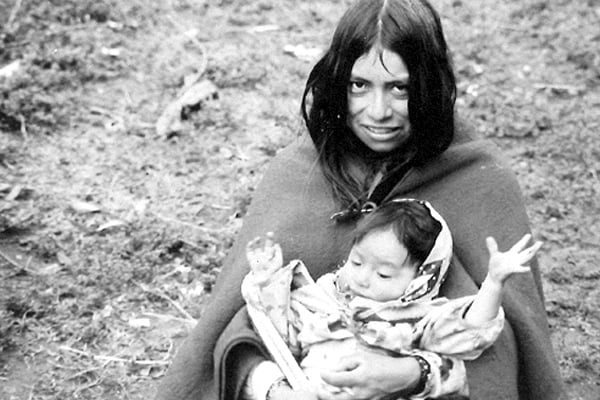Legacy in the Jungles of Ecuador
My heart is warmed by studying the Gospel of Mark. This book of the Bible has been special to me since we lived with the Shuar people in the jungles of Ecuador. After Frank and I had invested many years in learning their language and working with other missionaries to translate portions of Scripture, we received the first printed copies of Mark in Shuar.
The Shuar women especially wanted to hear about God’s love for them and their children. One day after reading Mark and discussing Jesus’ desire for even little ones to know and love him, the women and I continued chatting.
“We like it when you teach our children, too,” they said. “We never heard about Jesus until missionaries came.”
I suggested that since they knew how to sing God’s songs and talk to him, they could sing and pray out loud so their babies and toddlers could learn even before they came to church and school.
Oh how they laughed and loudly informed me that little Shuar children could not hear and understand these things! I laughed with them and gently asked, “When your little ones start to talk, do they speak in English?” Their laughter increased!
“Well,” I put in, “Perhaps the small ones speak Spanish then?” Their scorn and laughter got louder.
“Then what language do they talk?” I asked.
“Oh, you know. Of course they speak only Shuar!” The women replied.
“Is that because what they have been hearing since they were born is not only your language but the ideas your mothers and grandmothers taught you—concepts like fearing evil spirits, pursuing your enemies and cursing witch doctors. But, if you sing and pray with them to Jesus and talk about his love and power to forgive others who hate and harm you, won’t they soon learn God’s words and ways?”
Suddenly everyone quieted down and began softly saying their farewells as they disappeared down the trails to their homes.
Today, a generation or two later, those Shuar babies are now adults who can read the whole Bible to their own children in the Shuar language.



.png)



